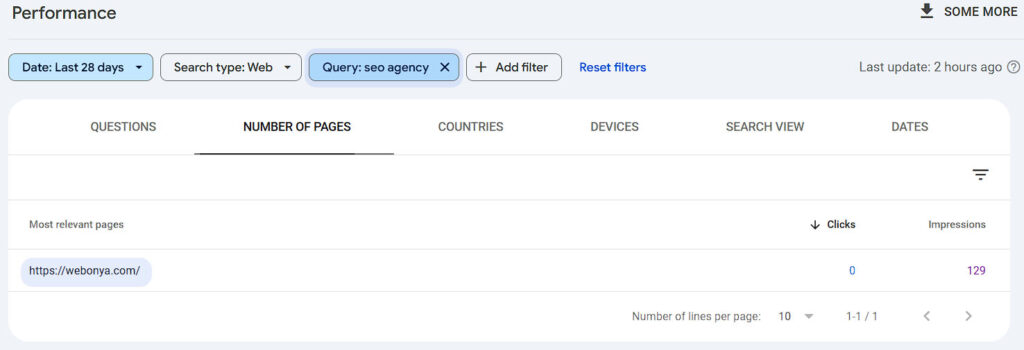Keyword Cannibalization is an SEO problem that occurs when multiple pages on a website are optimized for the same or similar keywords. This causes pages to compete with each other and confuse which page search engines will Decipher.
Google Search Console, SEO tools or manual review methods can be used to detect the problem. At the solution stage, strategies such as content merging, canonical tags, 301 redirects and internal link optimization can be applied. Thanks to this guide, you will have detailed information during the detection and solution of the problem.
Consequences of the Keyword Cannibalization Problem
Keyword cannibalization is an SEO problem that seriously negatively affects the organic performance of a website. This problem has direct effects not only on rankings but also on user experience and site authority. You can minimize such risks by developing pages that are compatible with search intent. Here are the main damages that this problem can cause to your site:
Ranking Losses: Multiple pages compete for the same keyword, and search engines have a hard time determining which page to Decry, which leads to ranking losses.
Organic Traffic Distribution: Targeted keyword traffic is divided into multiple pages instead of a single page that should be relevant, leading to traffic loss.
Targeted Page Remains In the Background: An important page may be overshadowed by a less relevant page and fall further back in search results.
Low Click Through Rate (CTR): When the wrong page is prominent, users don’t find what they expect and click-through rates drop.
Poor User Experience: When search engine results direct users to irrelevant pages, it reduces trust in the site and increases bounce rates.
Undermining SEO Authority: Keyword cannibalization can prevent search engines from viewing the site as an authority, negatively impacting overall SEO success.
Examples of Keyword Cannibalization
The table below contains examples of how the same target keywords are used incorrectly across different pages. Such mistakes can be easily avoided with a proper content strategy.
| Target Word | Entered Word (Page 1) | Entered Word (Page 2) |
| best laptops | Best Laptops in 2024 | Best Laptop Guide |
| fitness programs | Beginner Fitness Programs | Advanced Fitness Programs |
| SEO tools | Free SEO Tools | Popular SEO Tools |
| men’s jacket models | Winter Men’s Jacket Models | Best Winter Men’s Jacket Models |
How to Detect Keyword Cannibalization?
Identifying keyword cannibalization is a critical step in improving a site’s SEO performance and creating the right content strategy. There are several methods that can be used to detect this issue:
Using Google Search Operators

You can see which pages rank for a particular keyword by searching for “site.com ‘target keyword'”. If multiple pages are listed for the same keyword, there may be a cannibalization problem.
Google Search Console

By reviewing the performance report in Search Console, you can analyze which pages are ranking and getting clicks for a particular keyword. If there are multiple pages targeting the same keyword, this could indicate cannibalization.
Use of SEO Tools
SEO tools like Ahrefs, SEMrush, or Screaming Frog will help you identify pages that target the same keyword. These tools identify overlaps by analyzing keyword rankings and traffic.
Manual Review
By examining the target keywords of the content on your website, you can identify pages that use the same or similar keywords. This method can be practical for small sites.
How to Fix Keyword Cannibalization?
To eliminate keyword cannibalization, certain steps should be taken. After identifying the problem, a solution can be provided by determining a strategy suitable for the purpose and content of each page. Here are the methods you can apply to fix this problem:
- Combine Your Content: Gathering pages that provide similar information to the target audience in a single content prevents traffic and authority from dispersing.
- Prioritize with Canonical Tags: If there is more than one page with the same keyword, you can use canonical tags to determine the priority page.
- Rearrange Target Keywords: Prevent your content from competing with each other by choosing unique keywords for each page.
- Use 301 Redirects: Redirect unnecessary or less relevant pages to strong and authoritative pages.
- Optimize Internal Links: Make sure your on-page links direct to the right places so that users and search engines can reach the right content.
With these methods, you can make your content more effective and increase your visibility in search engines or contact us to get professional support.






